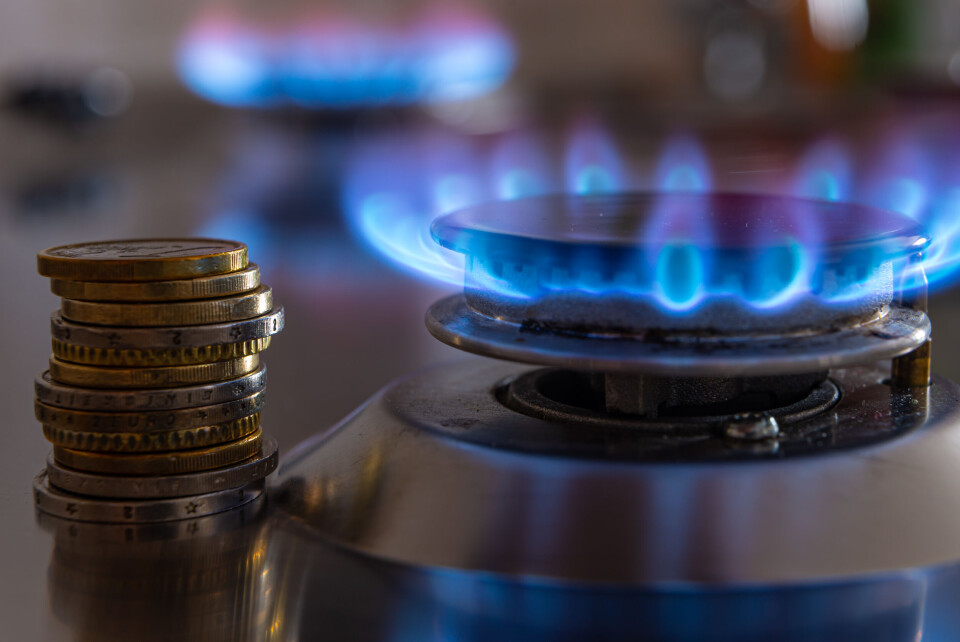-
White storks make strong return in France via nest ‘platforms’ and clipped wings
The Ligue pour la Protection des Oiseaux shares the conservation challenges in saving these birds from extinction
-
Hosting scheme in south-west France lets newcomers sample lifestyle
Households in nine Dordogne communes volunteer under Mes Nouveaux Voisins scheme
-
French boulangeries demand right for staff to work on May 1 so they can open
Artisan bakery owners can work but employees cannot, while certain industrial bakeries are allowed to remain open with workers
How much will French gas bills increase from January 2023?
The government has maintained a cap on regulated gas tariffs but has allowed them to rise

[Update January 3 at 17:00 - It has now been confirmed by the government that the bouclier tarifaire will remain in place until the end of 2023.]
France’s regulated gas tariff (tarif réglementé de gaz naturel) is rising by up to 15% this month as the result of a change to the government’s cap on energy prices.
France’s regulated energy tariffs are fixed by state authorities and are only offered by historic providers such as EDF or Engie.
Alternative suppliers can index their rates on the regulated tariff, or can offer contracts which are based on wider market prices.
At the end of 2021, there were 2.8 million households on the regulated gas tariff – 26.5% of all the households with gas-heating – and 23 million on the regulated electricity tariff.
The government’s bouclier tarifaire (price cap) has meant that regulated gas prices were frozen in place and regulated electricity tariffs capped at a 4% rise in autumn 2021.
However, the government announced in September 2022 that this freeze could not continue – because of the expense – and that although some sort of cap would remain, a 15% rate increase would be allowed for both gas and electricity.
The change in regulated electricity prices will come into effect in February.
How will gas bills change?
The up to 15% rise will remain in place until June 30, when regulated gas tariffs may change again.
People on the regulated tariff will see the bills increase by different amounts depending on their usage.
For example, consumers who use gas only for cooking – and so have an annual consumption of less than 1,000 kWh – will see a 5.85% rise, their bills going from around €171.10 to €181.10 per year.
People who use gas for cooking and hot water – using up to 6,000 kWh per year – will see a 10.51% increase in their bills, which will rise from €370 to €409 on average.
Finally, those who use gas for heating, hot water and cooking – with an annual usage of up to 30,000 kWh – will be affected by the full 15% rise, their bills increasing from around €1,452.80 to €1,675.10 on average.
Customers who are not on the regulated tariff but whose contract is indexed on this tariff will also see similar changes to their bills.
However, those who are with an alternative supplier which bases its tariffs on global market rates will likely have already seen a significant increase in their bills, and will continue to be affected by changes as the market fluctuates.
The government has said that if it were not maintaining a cap on regulated tariff rises, regulated tariff customer bills would increase by around €200 per month on average.
Related articles
How your gas and electricity bills will change in France in 2023
Regulated French gas and electric bills capped at 15% rise in 2023
Can I change my French electricity supplier for a cheaper alternative?
























